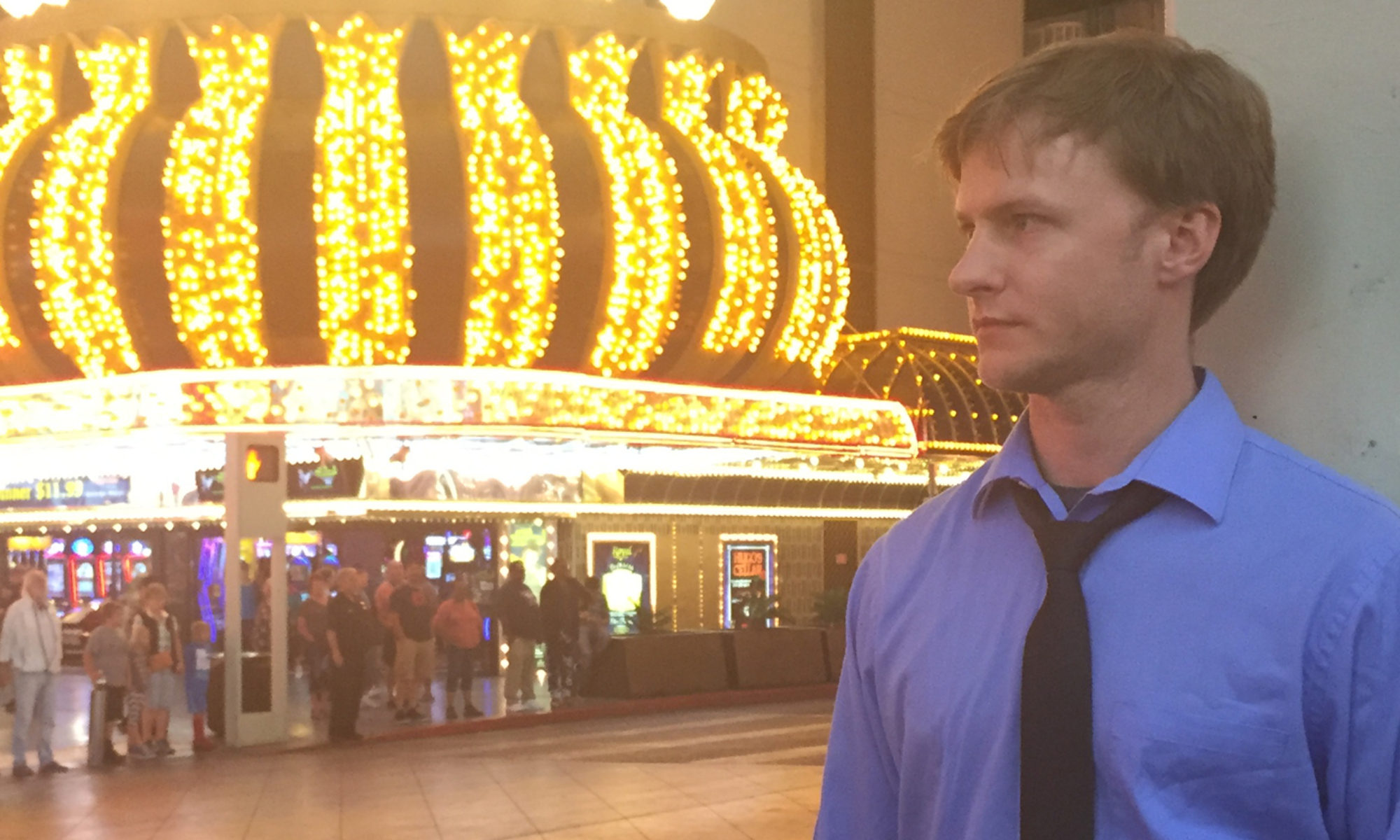This installment of The One Board originally appeared in Bowlers Journal International, February, 2016
Superstitions, by definition and if believed as having any real effect on anything, are asinine. Most people understand this, which is why bowlers refer to ridiculous superstitions as routines. This lets us continue our admittedly absurd quirks while not having to stigmatize ourselves as superstitious.
And, in many cases, these things really are routines.
“I always get to the bowling center exactly 90 minutes before my block because it’s my routine. Then I have precisely one cup of coffee because it’s my routine. Then I relieve myself in the third urinal from the left, unless there are only two urinals, in which case I walk past both of them, then backward to the one on the right, because it’s my routine.”
Perfectly normal stuff.
There are two main types of superstitions. The indisputably ineffective brand is indirect, in which a fan of a sports team might refuse to wash his socks for the duration of his favorite team’s playoff run. What happens when people (even those of us who are so adamant against superstitions we deliberately do everything different every time as irrefutable proof and simultaneous ironic disproof of our belief in superstitions) start to believe these things? Let’s investigate the spectacle of the black cloud.
Black Cloud: Supernatural phenomenon of one person’s innocuous act having a legitimate impact on another person’s athletic performance.
Some people believe if they even approach or notice a bowler on the front eight, for example, there is no chance that bowler will get the ninth strike. “I black clouded him,” those people will say.
Others don’t believe a black cloud is present until the potential feat is specifically mentioned. But to what degree? Can a fan or announcer say, “He’s on the front eight” without black clouding the competitor? Or does that fan or announcer have to explicitly say “He has a chance at a 300 game” or “He’s perfect through eight” to qualify as black clouding the poor schlub?
Further, if you mention a bowler has the first eight strikes, and that bowler strikes in the ninth but not in the 10th, does that still count as you black clouding him? Or did his strike in the ninth absolve you of all responsibility, thereby slamming the blame onto some other jerk who walked up after hearing about the front nine?
Or, and I realize this is reaching, can it be possible that throwing nine strikes in a row is difficult, and therefore the likelihood of not striking increases the longer the string of strikes goes?
Indirect superstitions pose more questions than they answer. So let’s move on.
Direct superstitions involve an actual player performing some absurd act such as refusing to wash his socks. Clean socks, dirty socks or no socks, that player has a direct impact on the game, and therefore, we can’t discount his or her superstition quite so quickly.
A fan thinking his unwashed, smelly, yellowed, disgusting lucky t-shirt helps his favorite bowler is undeniably irrational. But when the player feels better about his chances while wearing his own microbe farm of a t-shirt under his jersey, our perception of absurdity subsides, even if only a little.
This is the beauty of bowling superstitions. Very rarely does someone actually believe the restaurant in which he dined the day before had anything to do with him bowling well. And yet, because nothing went wrong, what’s the harm in going back to that same restaurant and ordering the same meal at the same table in the same chair with the same waiter? Superstitions breed comfort. Whatever he did felt right, and although he knows he could bowl just as well without having done it, he has confidence that doing it again will not diminish his chances on the lanes.
What’s a simpler way of putting that? Oh yeah: routine.

